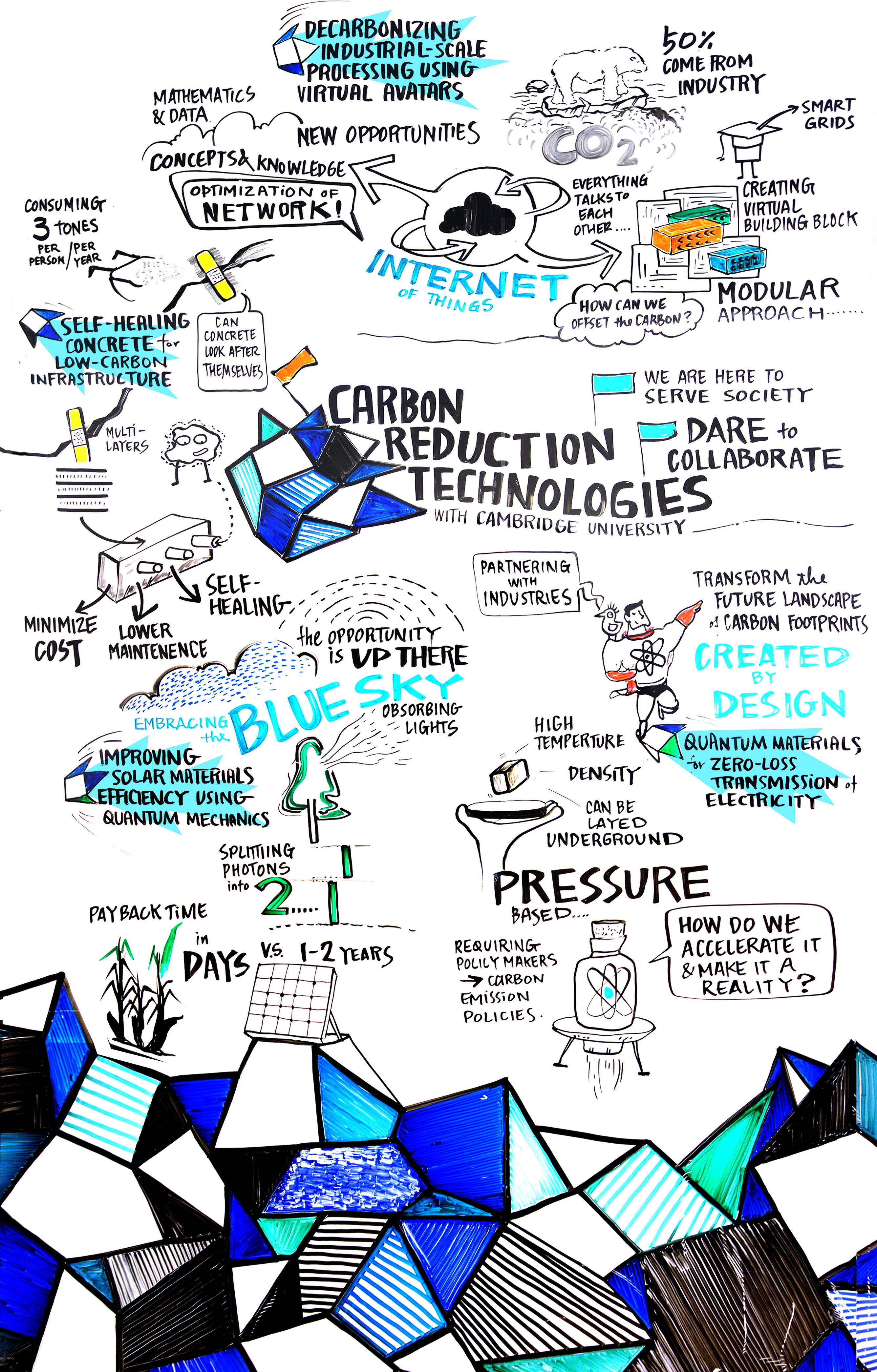
The Vice Chancellor of the University of Cambridge is to lead a delegation of academics to the annual meeting of the World Economic Forum at Davos, Switzerland, in January 2016, to explore issues including carbon reduction technologies and how science and engineering can best address society's greatest challenges.
The University will host an IdeasLab looking at how breakthroughs in carbon reduction technologies will transform industries. IdeasLabs are quick-fire visual presentations followed by workgroup discussion, and have proved a successful format for engaging various communities in academic thinking.
Carbon Reduction Technologies: The University of Cambridge IdeasLab
Wednesday 20 January 16:15 - 17:30
Sir Leszek Borysiewicz, Vice-Chancellor, will introduce this event, which will look at how research by Cambridge academics has led to breakthroughs in carbon reduction technologies that will transform a range of industries. Ideas to be discussed include:
- Decarbonizing industrial-scale processes using virtual avatars
- Self-healing concrete for low-carbon infrastructure
- Improving solar materials efficiency using quantum mechanics
- Quantum materials for zero-loss transmission of electricity
The event is supported by Energy@Cambridge, a Strategic Research Initiative that brings together the activities of over 250 world-leading academics working in all aspects of energy-related research, covering energy supply, conversion and demand, across a wide range from departments.
The speakers, all members of Energy@Cambridge, are:
Professor Abir Al-Tabbaa, Department of Engineering
Professor Sir Richard Friend, Department of Physics
Professor Markus Kraft, Department of Chemical Engineering and Biotechnology
Dr Suchitra Sebastian, Department of Physics
Energy@Cambridge is working to develop new technologies to reduce the carbon footprint of industrial processes, energy generation and transmission, and building construction. Its aims include leveraging the University’s expertise to tackle grand technical and intellectual challenges in energy, integrating science, technology and policy research.
The initiative has four Grand Challenges, focused on developing and delivering new large-scale collaborative activities, facilities, centres and research directions by bringing together academics and external partners to work on future energy challenges where we believe we can make a significant impact.
For further information click here or to contact any of the speakers, please contact the team at Energy@admin.cam.ac.uk.
Image credit: The Value Web

